This week I made a contingency plan in case the biggest names in CanLit turned on me. It was mostly just a thought exercise. When fear threatens to paralyze me, I imagine the worst possible outcome, prepare for it, then do the scary thing. But the frequency of these scary moments has been increasing and it’s impossible for me to ignore the amount of time I dedicate to risk assessment in my advocacy work.
I am a black woman in a primarily white industry. That alone puts a target on me. Literature and publishing is supposedly very “liberal” and “progressive” until it isn’t. Every week I see a woman of color (usually a Black woman) being attacked online for speaking out in the publishing industry and I think twice about what I post. I always thought I was safer because I worked in Canada. The industry is smaller, the people are nicer. Perhaps CanLit will accept me.
But a small, nice industry is also insular and rigid. Up to this point, I was raising hell in a negligible corner. As my platform grows, I’m aware of how visible I am. The chance that the people and institutions I criticize will see my criticism is much higher. And of course that’s the point. My goal has always been to gain enough influence to amplify the needs of marginalized writers and readers. But I am now in the precarious position of having just enough power to speak up but not enough power (or money) to protect my job and reputation. I am at their mercy, so I try to tread lightly. I have to stay nice and palatable.
Because they could easily close ranks. They could easily decide that I’ve gone too far with my diversity nonsense, that I was causing trouble and hurting the bottom line, and who the hell did I think I was anyway? The Canadian industry is small enough and I am visible enough, that it would be very easy for a few powerful people to quietly blacklist me. I don’t want to piss off the wrong person.
Even admitting this fear is scary, because everyone will tell me I have nothing to worry about. “No one is against equity and inclusion! Why would they turn against you?” But I know better. I hold my breath and squeeze my eyes shut when sending “sensitive” emails. I turn words over in my mouth several times to ensure they are not too accusatory. I am mindful of the tone of my voice and the expression on my face. My activism is meeker than I’d envisioned it.
It helps to remember the reader who struggles to find herself in the notion of Canada. It helps to think of the writer who wonders if maybe she should just give up already. It helps to imagine the future student of 21st century Canadian literature, and hope that field is as rich and varied as 21st century Canada.
I cannot let fear be the guiding force of my actions. There’s too much work to be done. So this week I made a contingency plan and it liberated me. I worked through the worst possible scenario–that the industry I love and the people I respect, shut me out–and made peace with it. Time to do the scary thing. Time to fuck up the status quo.


Keep doing your awesome work, Léonicka — Canadian literature is only as strong as its best criticism.
Just now finding your blog (currently a follower on Twitter). Couldn’t agree with Erin more. I wouldn’t dream of dismissing your all-too-real concerns and will do all I can to celebrate, support, and cheer you on. I too hope to be worthy of you.
Thanks, Erin. Your support helps so much.
You make us better, Leonicka. I hope we turn out to be worthy of you.